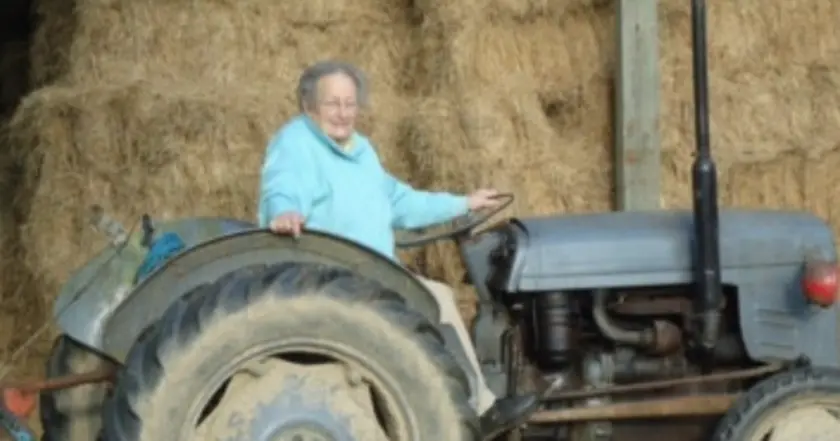T4K3.news
Heartfelt story from a terminally ill woman
A look at Molly Kochan’s final years, her public storytelling, and what it reveals about life, death, and choice.

A terminally ill woman shares a personal philosophy on life through a memoir, a podcast, and a final post after death.
Cancer Patient Leaves Heartfelt Message After Death
Molly Kochan, a US-based podcaster and writer, battled breast cancer first diagnosed in 2011. The disease spread to the lymph nodes and later to bone, brain, and liver by 2015, making it incurable. After separating from her husband during couples therapy, she chose to spend her remaining years pursuing what she called seeking joy, engaging in sexual experiences with many men. By the time of her death on March 8, 2019, she reportedly had sex with 188 men. Her life was documented in the six-part podcast Dying For Sex, later adapted into a television series and a memoir Screw Cancer: Becoming Whole. Her final messages were shared posthumously, including a blog post and a note titled I have died. Disney+ (Hulu) hosted the television adaptation.
Her final note reflects a philosophy that bucket-list ideals need not define a life well lived. The material surrounding her story raises questions about how society treats illness, sexuality, and fame, and about the ethics of turning private experiences into public entertainment.
Key Takeaways
"I don’t have those kinds of life lessons to share."
Final reflection on what she chose to leave behind.
"Wasn’t that freeing? I didn’t have to buy tickets to Bora Bora."
Expresses freedom from conventional bucket-list ideas.
"Through the drop ins and outs, I realised that people are going to do whatever they’re going to do regardless of what they want to want."
Comment on how others respond to her life choices.
"I know what I did at the end of my life."
Her stated focus on what mattered to her.
This case highlights how modern media can reshape personal tragedy into a public conversation about life, death, and sexual autonomy. It shows the power and risk of storytelling when illness becomes a platform, and how fans respond to intimate disclosures that blend therapy, trauma, and entertainment. The story also underscores tensions between privacy and public curiosity, and invites readers to consider what constitutes meaningful acts at the end of life.
Highlights
- Life is personal, not a checklist.
- Joy can be found in quiet moments, not grand plans.
- People will do what they choose in the end.
- I know what I did at the end of my life.
Sensitive topic risk
The piece discusses a terminal illness and private life choices that were broadcast publicly, which could provoke backlash and privacy concerns. It also raises questions about consent and ethical storytelling.
The human urge to make meaning out of pain often travels through unexpected channels.
Enjoyed this? Let your friends know!
Related News
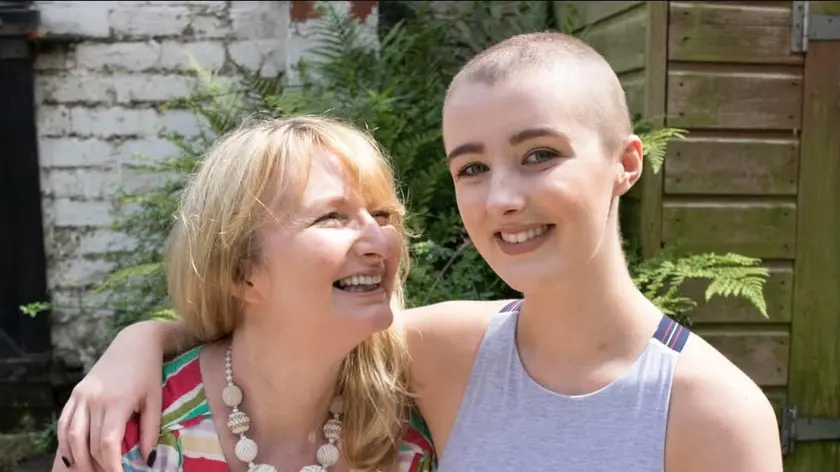
British craft shop owner dies at Swiss clinic
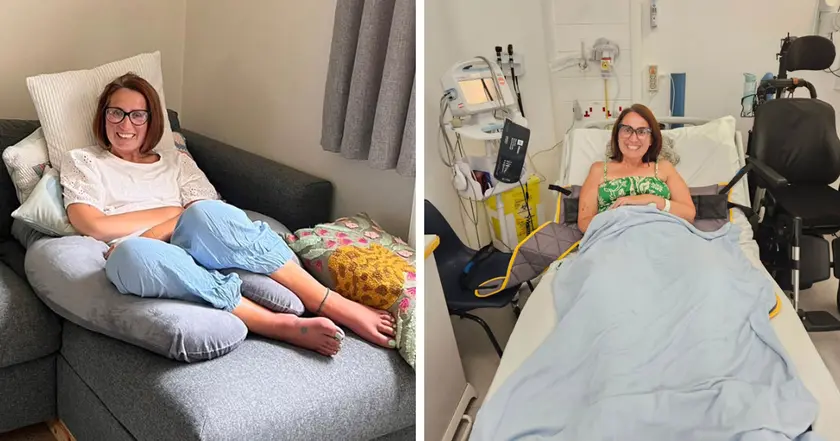
Emma Bray's Death Fuels Debate on Euthanasia
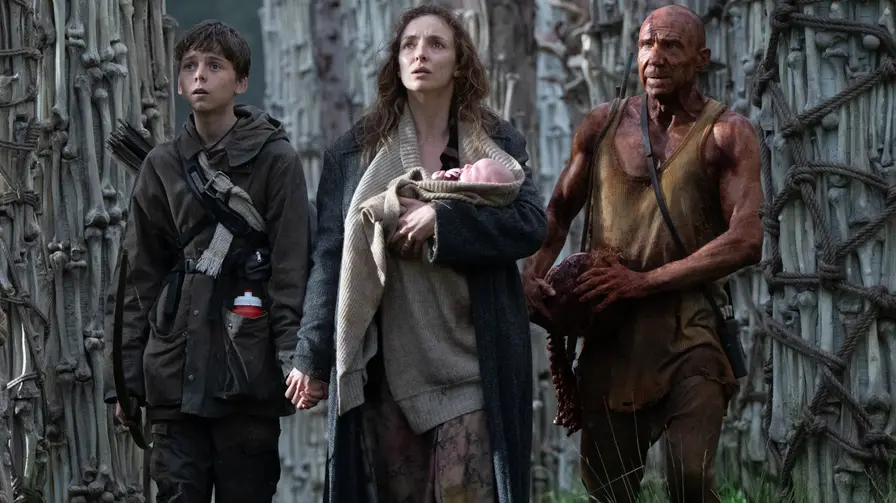
28 Years Later captivates with emotional depth

Starmer vows to solve drug access issues for severe pregnancy sickness

Cafe owner speaks out against memoir's portrayal

Wedding in hospice highlights resilience

Young mother in Australia confronts early onset Alzheimer
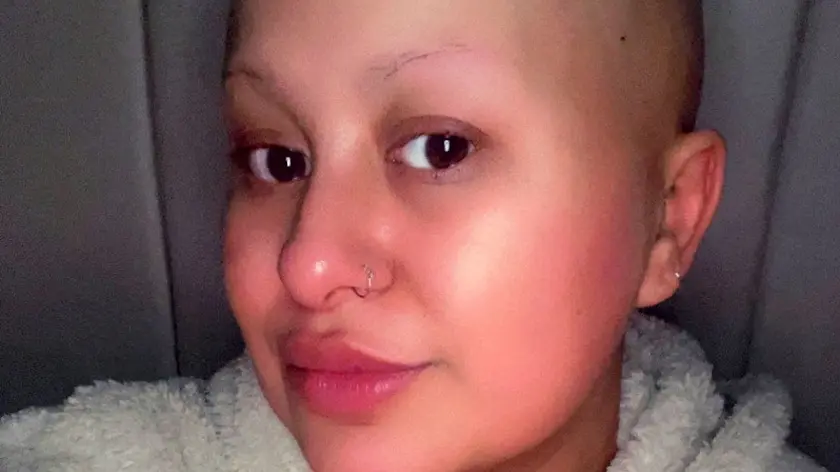
Cancer diagnosis during pregnancy prompts tough choices
